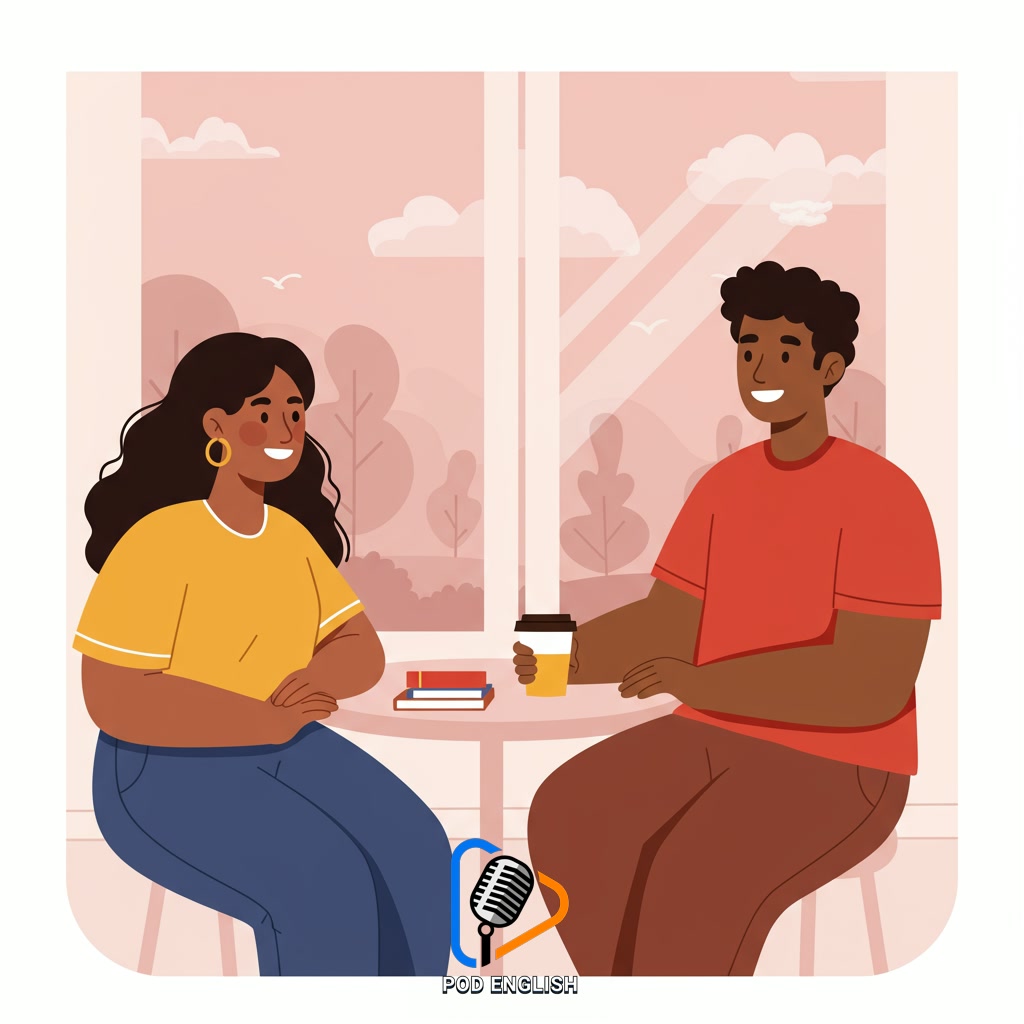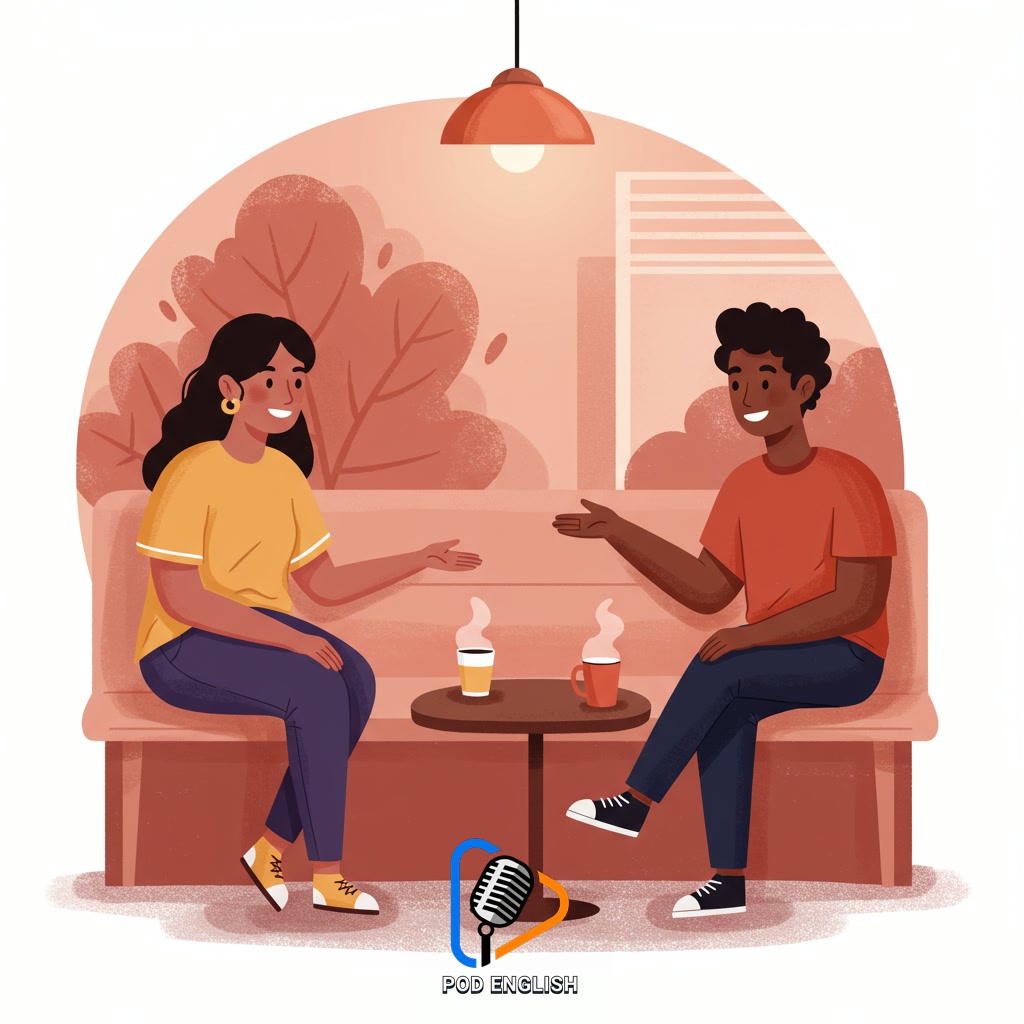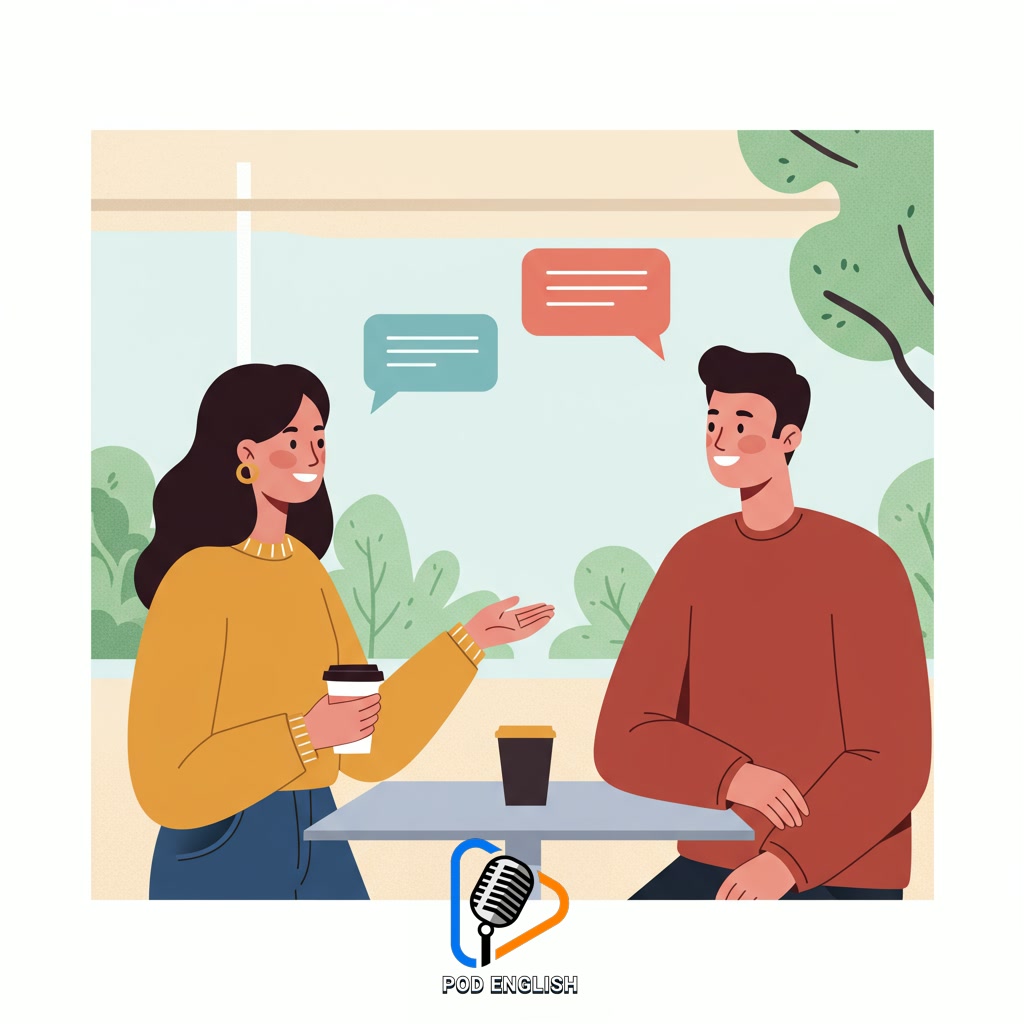Learn English
Learn English: Confidently Describe Your Weekend Plans and Activities

This content focuses on helping you Learn English by practicing how to discuss your weekend. You will gain confidence in describing activities you plan to do or have done. It provides methods and phrases to talk about past, present, and future weekend events. Mastering these descriptions will improve your fluency in everyday conversation.
Table of Contents
- Section 1: Introduction: Why Talking About Your Weekend is Important for English Learners
- Section 2: Essential Vocabulary for Common Weekend Activities
- Section 3: Grammar Focus: Describing Future Weekend Plans (Using ‘Going to’, ‘Present Continuous’, and ‘Will’)
- Section 4: Grammar Focus: Talking About Past Weekend Activities (Using the Past Simple)
- Section 5: Putting it Together: Useful Phrases and Conversation Starters
- Section 6: Tips for Confidence and Fluency When Discussing Your Weekend
Section 1: Introduction: Why Talking About Your Weekend is Important for English Learners
Talking about your weekend is one of the most common topics in everyday English conversation. Whether you’re chatting with colleagues on Monday morning or making plans with friends, describing what you did or what you are going to do over the weekend is a natural way to connect with others. For English learners, mastering this topic is incredibly valuable. It provides a practical context to practice different verb tenses – the past simple for finished activities, and the future tenses or present continuous for plans. Becoming comfortable discussing your weekend helps build fluency, expands your vocabulary related to leisure and activities, and significantly boosts your confidence in real-life interactions. It’s a simple yet essential skill for participating actively in social exchanges.

Introduction: Why Talking About Your Weekend is Important for English Learners
Section 2: Essential Vocabulary for Common Weekend Activities
To confidently describe your weekend, building a strong vocabulary related to common activities is crucial. Instead of just saying you ‘did things’, knowing specific words allows you to paint a clear picture of your experiences. This section introduces essential words and phrases for popular weekend pastimes, from relaxing at home to engaging in hobbies, social gatherings, or outdoor adventures. Mastering this vocabulary will not only make your descriptions more detailed and interesting but also help you understand others when they talk about their own weekends. Think about activities like ‘reading a book’, ‘going for a hike’, ‘cooking a new recipe’, ‘meeting friends for coffee’, or ‘visiting a museum’. Learning the right words for these actions and places is the key to fluent conversation.

Essential Vocabulary for Common Weekend Activities
Section 3: Grammar Focus: Describing Future Weekend Plans (Using ‘Going to’, ‘Present Continuous’, and ‘Will’)
Now that you have built some vocabulary for common weekend activities, let’s focus on how to talk about your plans for the future weekend. English uses several structures to express future intentions, and three very common ones for plans are ‘be going to’, the present continuous, and sometimes ‘will’. We use ‘be going to’ + the base verb for plans you decided on before speaking, like “I am going to visit my grandparents.” The present continuous (be + verb-ing) is often used for definite plans or arrangements, such as “I am meeting friends for dinner on Saturday.” ‘Will’ + the base verb is more for decisions made at the moment of speaking or for predictions, so you might use it for a spontaneous idea: “It’s sunny, I think I’ll go for a walk!” Understanding these options helps you express your future weekend activities with greater precision and confidence.

Grammar Focus: Describing Future Weekend Plans (Using ‘Going to’, ‘Present Continuous’, and ‘Will’)
Section 4: Grammar Focus: Talking About Past Weekend Activities (Using the Past Simple)
Okay, we’ve talked about future plans. Now let’s look back. When you want to tell someone what you *did* last weekend, you need to use the Past Simple tense. This is the most common way to talk about completed actions in the past. For regular verbs, you usually add ‘-ed’ to the base form (e.g., ‘walk’ becomes ‘walked’, ‘play’ becomes ‘played’). Remember that many common verbs have irregular Past Simple forms that you just need to learn (e.g., ‘go’ becomes ‘went’, ‘have’ becomes ‘had’, ‘do’ becomes ‘did’). To form negative sentences, use ‘did not’ or ‘didn’t’ + the base form of the verb (e.g., “I didn’t go out”). For questions, use ‘Did’ + subject + base form (e.g., “Did you watch a movie?”). Practicing these forms with your weekend activities will help you share your experiences clearly.

Grammar Focus: Talking About Past Weekend Activities (Using the Past Simple)
Section 5: Putting it Together: Useful Phrases and Conversation Starters
Now that you’ve practiced talking about what you *did* last weekend and what you *plan* to do this weekend, let’s put it all together. This section provides common and useful phrases you can use to start conversations about weekends or respond when someone asks you. Think about how you can ask others: “How was your weekend?” or “What are you doing this weekend?” Learn phrases for replying, whether it’s about a past event like “It was great, I went hiking,” or a future plan such as “I’m planning to relax and read,” or even something uncertain like “I might go to the beach, I haven’t decided yet.” Using these simple phrases confidently will help you initiate and participate in everyday English conversations about a very common topic.

Putting it Together: Useful Phrases and Conversation Starters
Section 6: Tips for Confidence and Fluency When Discussing Your Weekend
Building confidence and fluency when discussing your weekend plans and activities is key to improving your English conversation skills. Don’t be afraid to make mistakes; they are a natural part of learning. Start by using the simpler phrases you’ve learned. Practice saying them aloud, even by yourself. Listen carefully when others talk about their weekends to pick up new vocabulary and sentence structures. Focus on getting your message across clearly rather than aiming for perfect grammar initially. The more you practice speaking, the more comfortable and fluent you will become. Remember, consistent practice is your best tool for gaining confidence in describing both past and future weekend events.

Tips for Confidence and Fluency When Discussing Your Weekend













